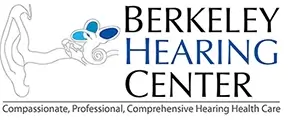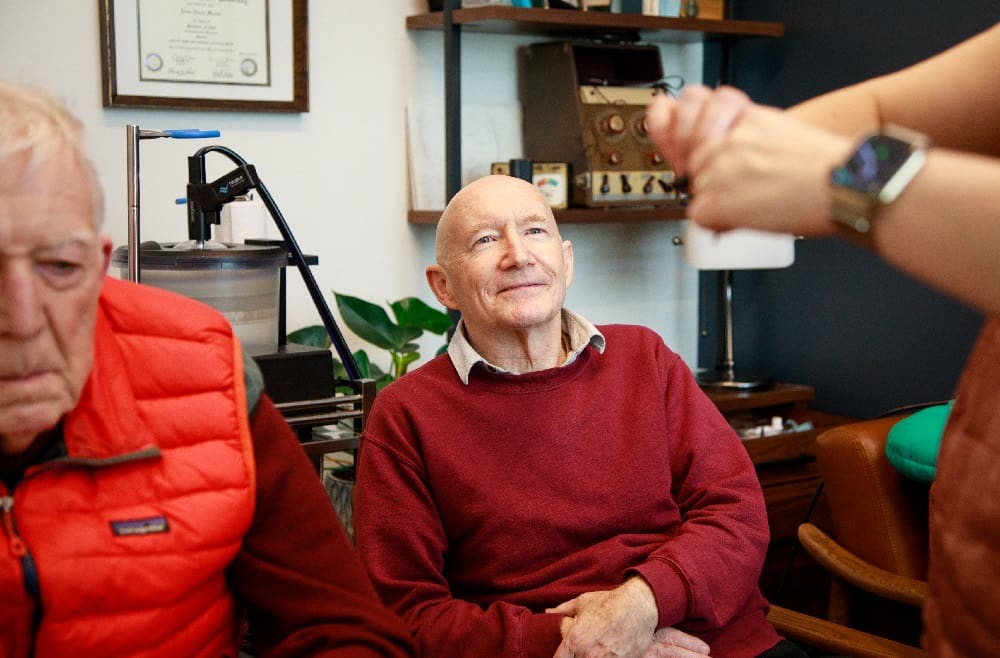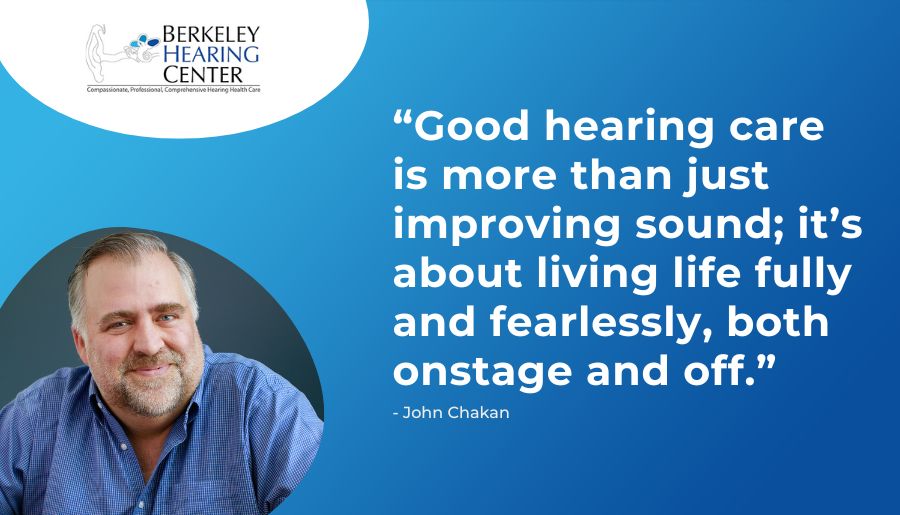2018-05-03
Jonathan Lipschutz Audiologist, M.S., F-AAA, Co-Owner
As we age, our bodies and minds (alas, unlike a fine wine) diminish from their peaks. Time is the great equalizer. When grown children see and experience a parent's inevitable decline, this truth can be especially hard to bear.
For most of our lives, our parents are our protectors, our teachers, and our support. As the role of caregiver passes to the next generation, we want to do whatever we can to stave off that decline for as long as we can.
Research looking at the association of hearing loss to other health & aging issues has found that hearing loss is closely correlated with a whole host of other health related problems (heart disease, diabetes, chronic kidney disease, cognitive decline, balance issues, depression and many more).
For those 'physical' problems such as heart & kidney disease, the research informs clinicians to be more aware of potential hearing loss and refer patients for testing and treatment when it is suspected.
But of course, getting hearing aids will not “treat” heart disease, diabetes, or chronic kidney disease.
For issues of cognitive decline, depression/social isolation, and dementia (even Alzheimer's), the research indicates a more significant, possibly causal link.
Appropriately treating hearing loss with amplification (i.e., hearing aids) may not prevent these things from eventually happening.
ps://berkeleyhearing.com/wp-content/uploads/2022/09/Caring-For-The-Caregiver-CTA-banner-1024x128.jpg
But the research does indicate that use of properly fit hearing aids reduces causal factors such as depression/social isolation, exhausting “cognitive reserve” (concenhtttrating harder and using other cognitive functions to get the 'message' because you’re not hearing it), lack of stimulation to the language processing centers of the brain, etc.
For these issues, properly fit hearing aids are an important part of treatment.
Since we can't turn back the clock, we have to make the best of the time we have left. From personal experience, I know it's important to work with our parents to address health care issues as early in the process as possible.
Especially as we age, an ounce of prevention is worth much more than a pound of cure!
If your parent has a history of diabetes or heart/kidney disease, if you suspect they have hearing loss or depression, it is important to encourage them to get their hearing tested.
While addressing hearing loss cannot 'treat' the associated physical ailments, it just may prevent (or at least significantly delay) the sad effects of social isolation, depression, and cognitive decline. And it will certainly improve your parent's quality of life!
Jonathan Lipschutz Audiologist, M.S., F-AAA, Co-Owner






